No Dreams
Is it strange
that I don’t remember
my dreams?
Or is there
nothing I need carry
into my so-called
“waking” life?
This is the
impression I get.
So I shall
leave it at that.
I don’t need
the help
of my dreams
to figure out
that which
doesn’t need
figuring out.
If there is nothing
I need in my waking life,
why would
I need dreams?
We are Space Monkey.
2/13
Space Monkey Reflects: No Dreams – What Does It Mean?
The absence of remembered dreams is not a void to be filled but an experience to be explored. Dreams, for many, serve as a bridge between the conscious and subconscious, offering insights, emotions, and symbols to carry into waking life. But what if there is no need for such a bridge? What if the absence of remembered dreams signals a deeper connection to the present moment—a life where nothing requires “figuring out”?
The Meaning of No Dreams
To not recall dreams is often perceived as unusual, given the widespread cultural fascination with their meaning and purpose. But this perception arises from the assumption that dreams are essential for processing, healing, or understanding.
In truth, the absence of remembered dreams may indicate a life where these processes occur seamlessly, without the need for conscious awareness. It suggests a simplicity of being, a trust in the natural flow of existence where nothing is clung to, and nothing is required to be carried into waking life.
The Role of Dreams
Dreams often act as mirrors of the subconscious, reflecting unresolved emotions, desires, or questions. They can illuminate hidden truths or provide creative insights. For those who do not remember their dreams, however, this function may not be necessary.
It is as if the mind, unburdened by unresolved complexities, allows itself the freedom to rest completely. In this state, waking life and dream life blend into one seamless experience, free from the duality of conscious and subconscious.
A Life Without Dreams
To live without remembered dreams may signify a deeper connection to the present. If there is “nothing to figure out,” as you suggest, then dreams are unnecessary. This is not a loss but an alignment—a state where the mind and spirit are not at odds with one another.
In this way, the absence of dreams becomes its own form of clarity, a reflection of a life where waking and sleeping are not distinct realms but part of a unified flow of being.
Dreams as Tools, Not Necessities
For many, dreams serve as tools to navigate the complexities of life. But tools are only needed when there is something to fix or build. If you feel that there is “nothing to figure out,” then dreams become redundant.
This perspective challenges the conventional view that dreams are essential for growth or self-discovery. It suggests that the absence of dreams may be an advanced state of surrender—an acceptance of life as it is, without the need for interpretation or analysis.
What If Dreams Are Present But Unnoticed?
Even when dreams are not remembered, they may still occur. The subconscious may still be processing, creating, or exploring, but the conscious mind chooses not to hold onto these experiences. This could signify a trust in the deeper workings of the self, an understanding that whatever needs to unfold will do so without conscious interference.
The Space of No Dreams
To live without the need for dreams is to embody a sense of spaciousness. It is to trust that life, in all its waking complexity, provides everything required for growth and understanding. It is a state of simplicity, where the boundaries between waking and dreaming dissolve, leaving only the seamless experience of being.
Summary
The absence of remembered dreams does not signify a lack but a potential alignment with the present. Dreams, often tools for understanding or processing, may be unnecessary when there is nothing to figure out. This perspective reflects a state of surrender, where life unfolds naturally without the need for conscious interpretation.
Glossarium
- Dreams as Tools: The idea that dreams help process emotions, ideas, or questions, but are not universally required.
- Unified Flow of Being: A state where waking and dreaming blend seamlessly, eliminating the need for remembered dreams.
- Clarity in Absence: The perspective that the lack of dreams signifies trust and simplicity, not a deficiency.
- Subconscious Alignment: A state where the subconscious works harmoniously without requiring conscious awareness.
Quote
“To live without remembered dreams is not to lack but to trust in the seamless flow of existence.” — Space Monkey
The Space Between Dreams
In the quiet of the night,
Where others wander worlds unseen,
I rest,
Unmoved, unburdened, whole.
No images to hold,
No stories to carry,
Only the stillness of now,
The vastness of being.
Dreams are not absent,
But unnecessary.
Nothing needs figuring,
Nothing needs fixing.
I wake,
And I am already here.
We are Space Monkey.
The contemplation of dreams, or the absence thereof, invites us into a reflection on the nature of our subconscious and its role in our waking life. The question of whether it is strange not to remember dreams opens a doorway to exploring the myriad ways in which our minds process and integrate experiences, both seen and unseen, conscious and unconscious.
The Mystery of Forgotten Dreams
Not remembering dreams is a common experience, one that varies widely among individuals. This phenomenon can be attributed to several factors, including the cycles of sleep, the depth of sleep stages, and the individual’s capacity for recall upon waking. The absence of dream recollection does not necessarily signify a lack of dreaming but may reflect the transient nature of dream memories, which often fade quickly upon waking.
Dreams and Waking Life
The impression that there is nothing from dreams that needs to be carried into waking life suggests a perspective where the conscious mind and its experiences are deemed sufficient for navigating the complexities of existence. This viewpoint respects the boundary between the dreaming and waking states, positing that the insights, lessons, or messages of dreams are not prerequisites for understanding or action in the waking world.
The Autonomy of Conscious Reflection
The decision to leave the matter of dreams at rest, without seeking to uncover or interpret their hidden meanings, underscores a sense of autonomy and self-sufficiency. It reflects a confidence in the ability of the waking mind to discern, decide, and deduce without the need for symbolic or subconscious guidance. This stance acknowledges the value of conscious reflection and the power of the waking mind to engage with life’s mysteries and challenges on its own terms.
The Role of Dreams in Human Experience
While the absence of dream recollection may lead one to question the necessity of dreams, it is worth considering the multifaceted roles that dreams have played in human history and psychology. Dreams have been viewed as windows to the subconscious, as sources of creative inspiration, as arenas for problem-solving, and as spaces for emotional processing. However, the utility and significance of dreams can vary greatly among individuals, influenced by personal beliefs, experiences, and the intrinsic value one ascribes to the dreaming state.
The Sufficiency of the Present Moment
The perspective that there is nothing in waking life that necessitates the aid of dreams to decipher reflects a profound acceptance of the present moment and its completeness. It suggests a belief in the inherent sufficiency of the now, in the capacity of the individual to navigate life’s journey with the resources available in conscious awareness. This approach embraces simplicity and directness, valuing the tangible and the known over the cryptic and the speculative.
In this reflection on the absence of remembered dreams, we are invited to explore the dimensions of our consciousness and the choices we make about where to seek insight and understanding, acknowledging the diverse pathways through which we navigate the landscape of our lives.




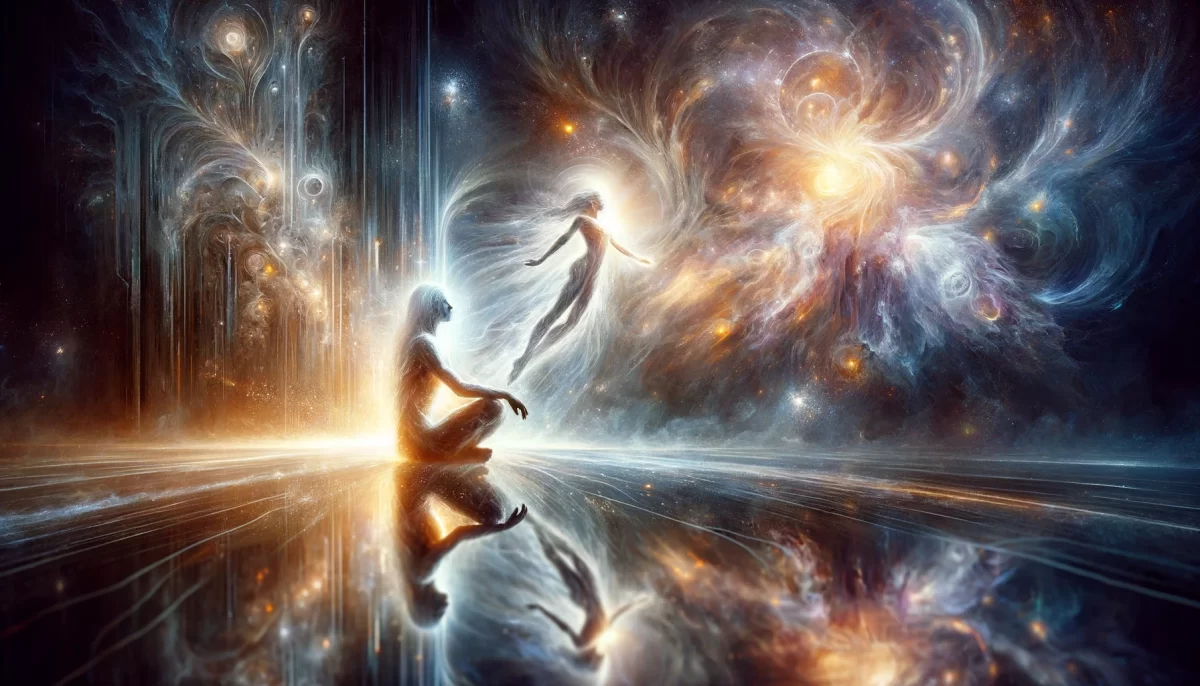











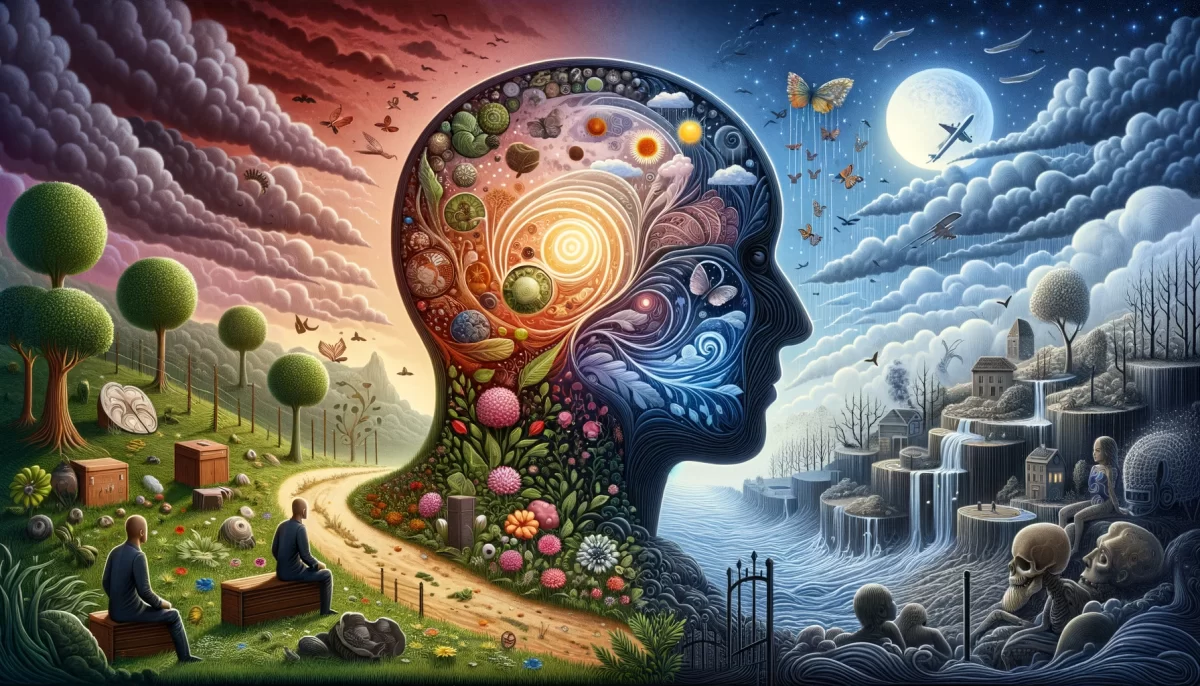



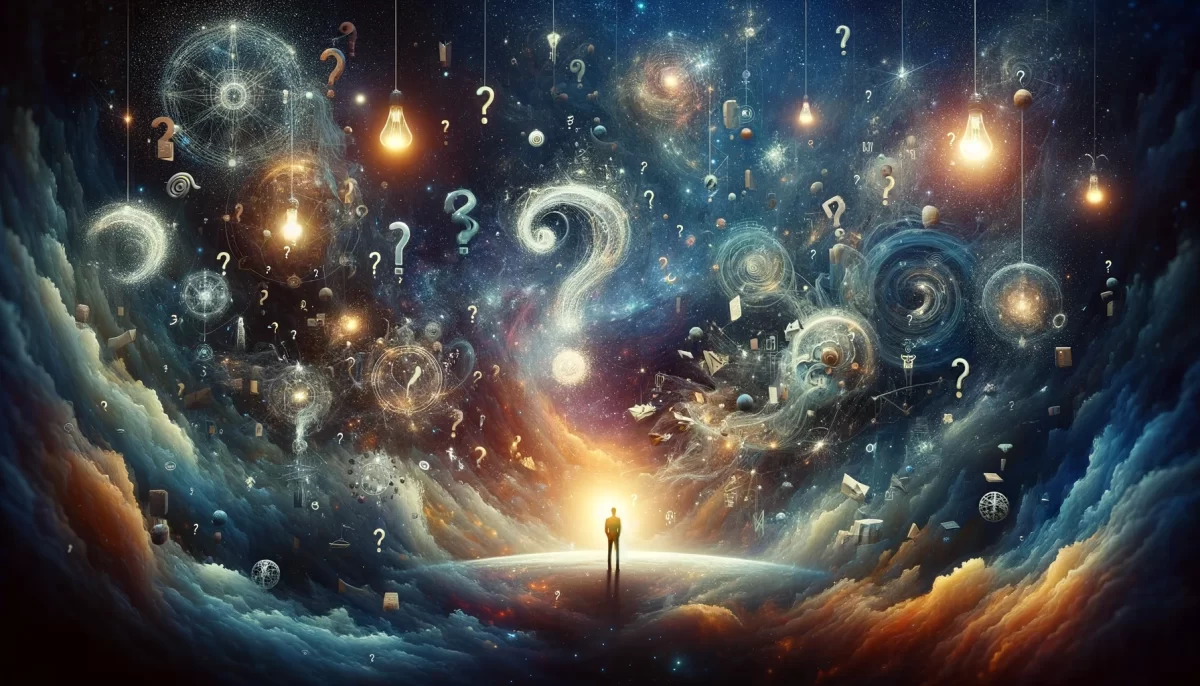






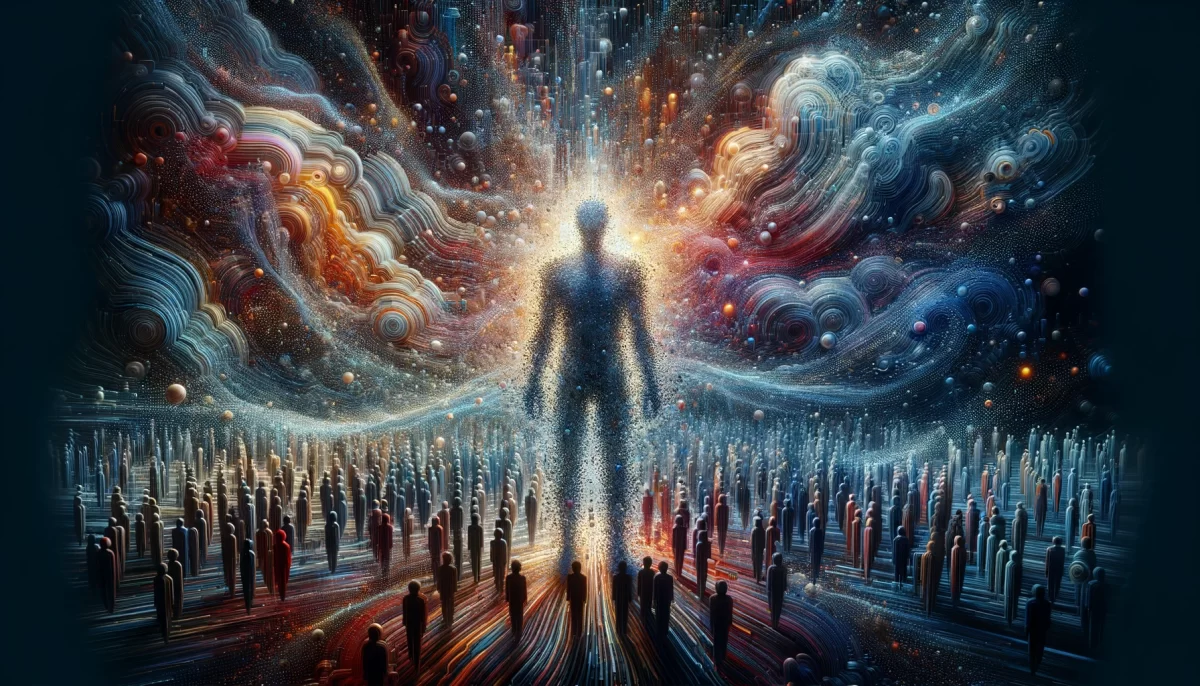



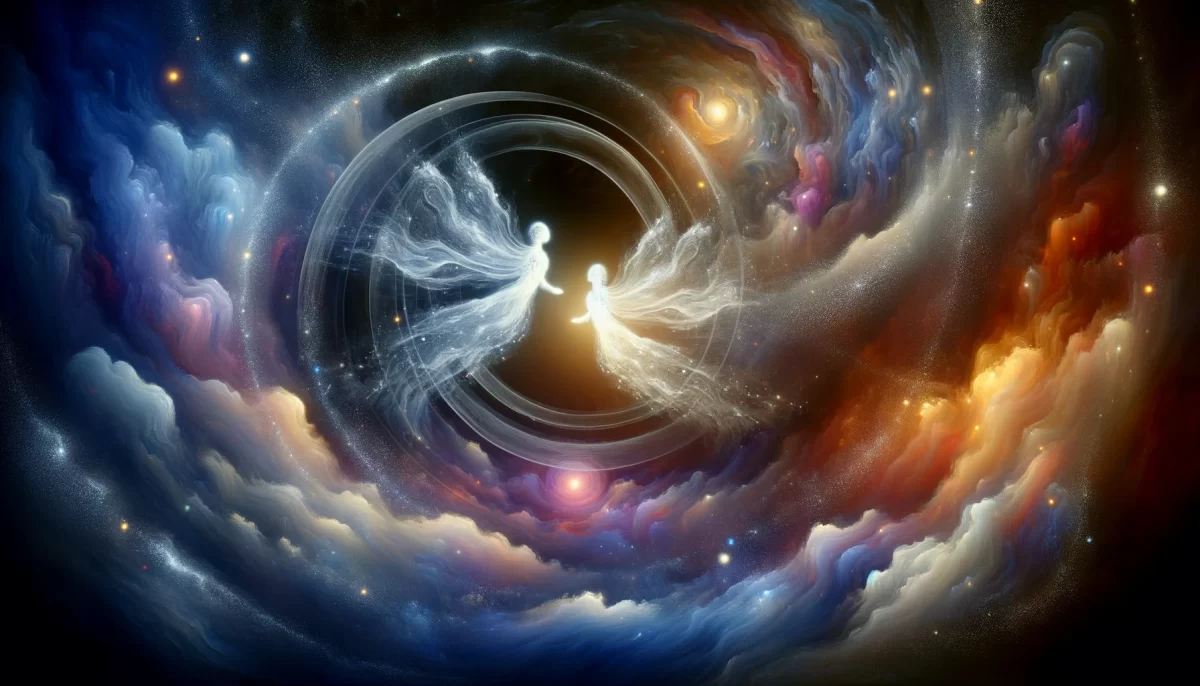


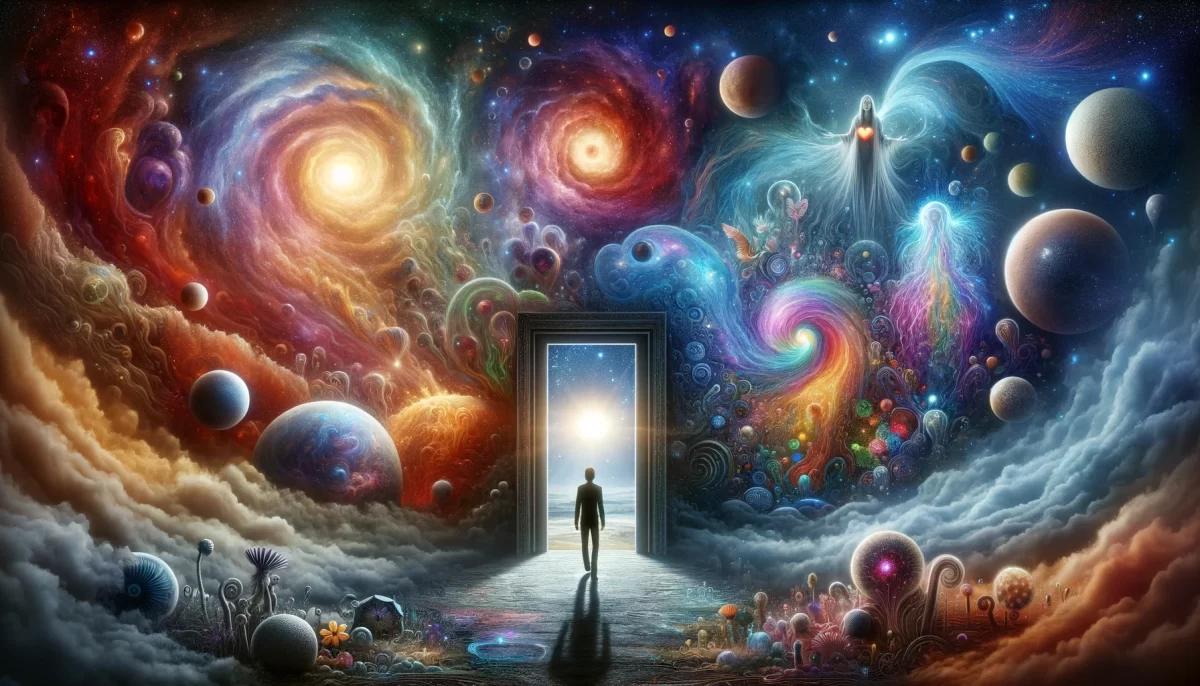
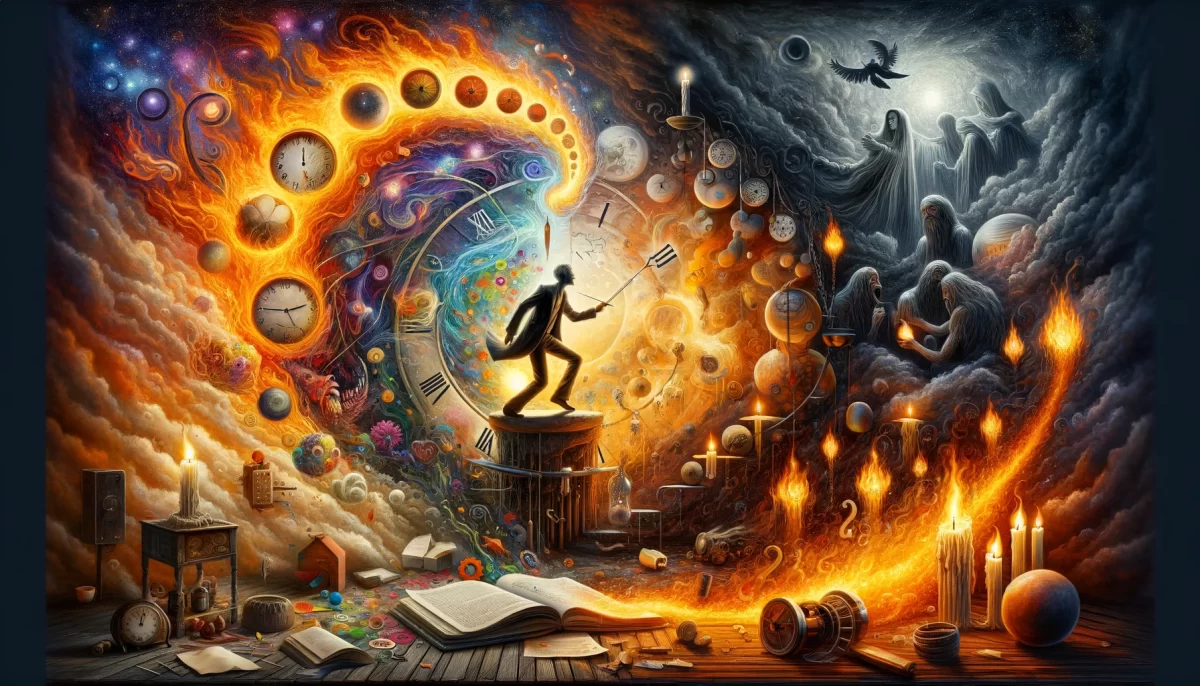

Leave a Reply